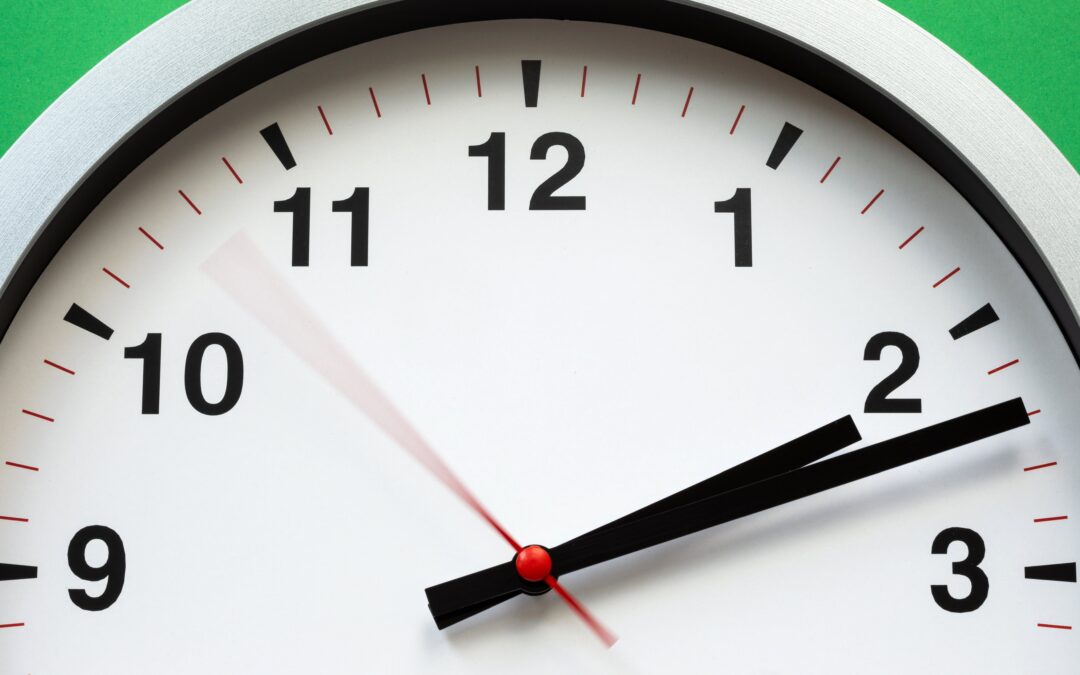Balancing healthy sleep habits, academic excellence, and athletic performance is a task achieved by few, yet sought by many. As a senior at a prestigious high school and an all-league varsity athlete, I can testify that balancing these activities undoubtedly feels impossible at times. However, the addition of a later school start time at the dawn of my freshman year brought about numerous unexpected benefits, both physically and mentally.
According to the Youth Risk Behavior Survey (CDC 2021), roughly 70 percent of high school students do not get the recommended 8-10 hours of sleep per night. Over the last calendar year, I have averaged 8-9 hours per night; My peers who learn of this are astonished. After improving my sleep, I began noticing dramatic increases in energy, strength, cognition, and focus– both in school and extracurricular activities. For athletes especially, getting within the range of 8-10 hours per night is crucial for improved performance in the classroom and on the field/court.
A later school start time (9am) since the passage of SB 328 has had an enormous impact on my mental health as well. This California law, passed in 2019, prohibits secondary schools from starting before 8:30am, and was based on dozens of studies showing the benefits of such a change. According to the National Sleep Foundation, “Sleep-deprived teens are more likely to report anxiety, depression, and suicidal thoughts and behaviors.” I have struggled with depression and anxiety previously, and the profound effect that later school start times have had on my mental health is noticeable not only by me, but also by others…and not only in my academic performance, but also my athletic achievements. Junior year was the hardest by far in all domains, and yet, a rigorous devotion to a minimum of 8 hours, and an average of 8-9 hours nightly led to some of my most productive athletic and academic results.
According to the World Health Organization, 85% of girls and 76% of boys do not meet the daily recommendation of 60 minutes of physical activity per day. I was also able to begin and continue a consistent workout schedule before school, while still getting adequate amounts of sleep nightly. I have continuously struggled with body image issues since a young age; later school start times—and more sleep—have helped me improve my body and my self-image to a place of acceptance and contentment.
Getting enough sleep is not an easy task; every student knows that staying up late and waking up 5 minutes before class starts, followed by a frantic mad-dash to make it to school on time is a high school ritual. I simply suggest that as students, we should alter the narrative so that being a successful student is synonymous with getting adequate sleep and embracing this lifestyle improvement at a very low opportunity cost. There’s no need to go online and fruitlessly look up “how to not fall asleep in class” or “how to do better on my tests” (I am guilty of both of these). Later school start times across the country will undoubtedly improve performance and wellbeing in many facets of students’—and faculty members’ —lives.

